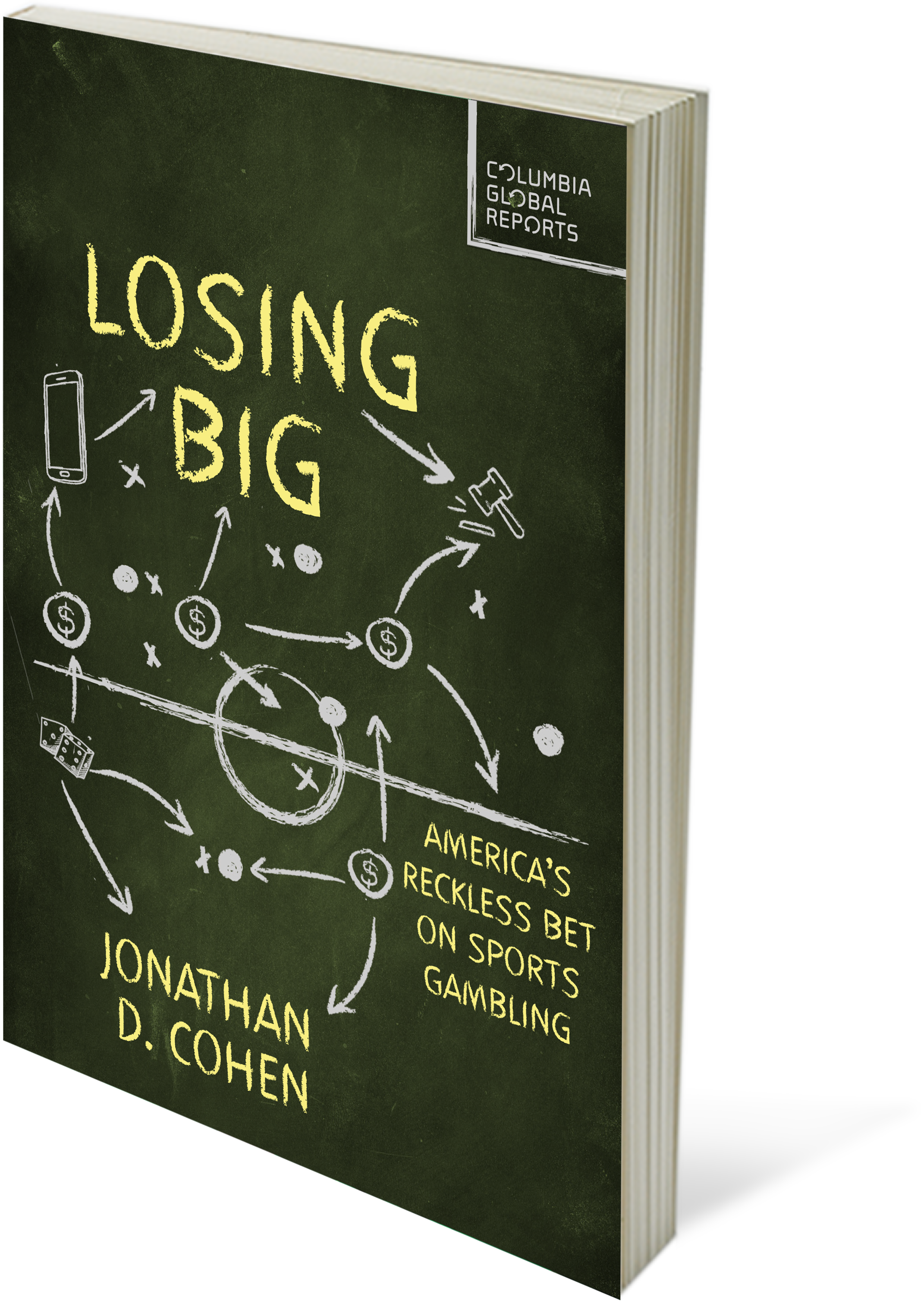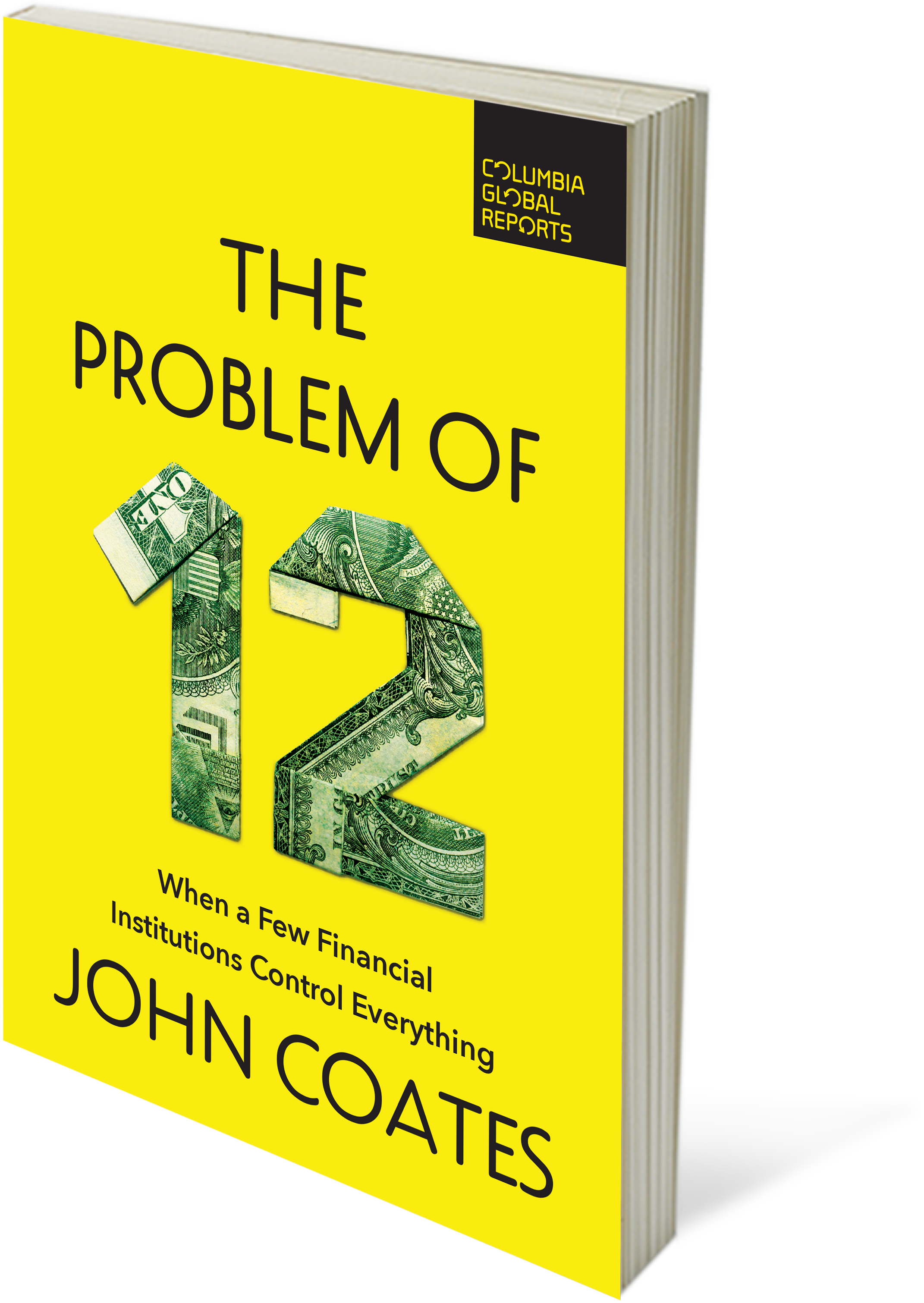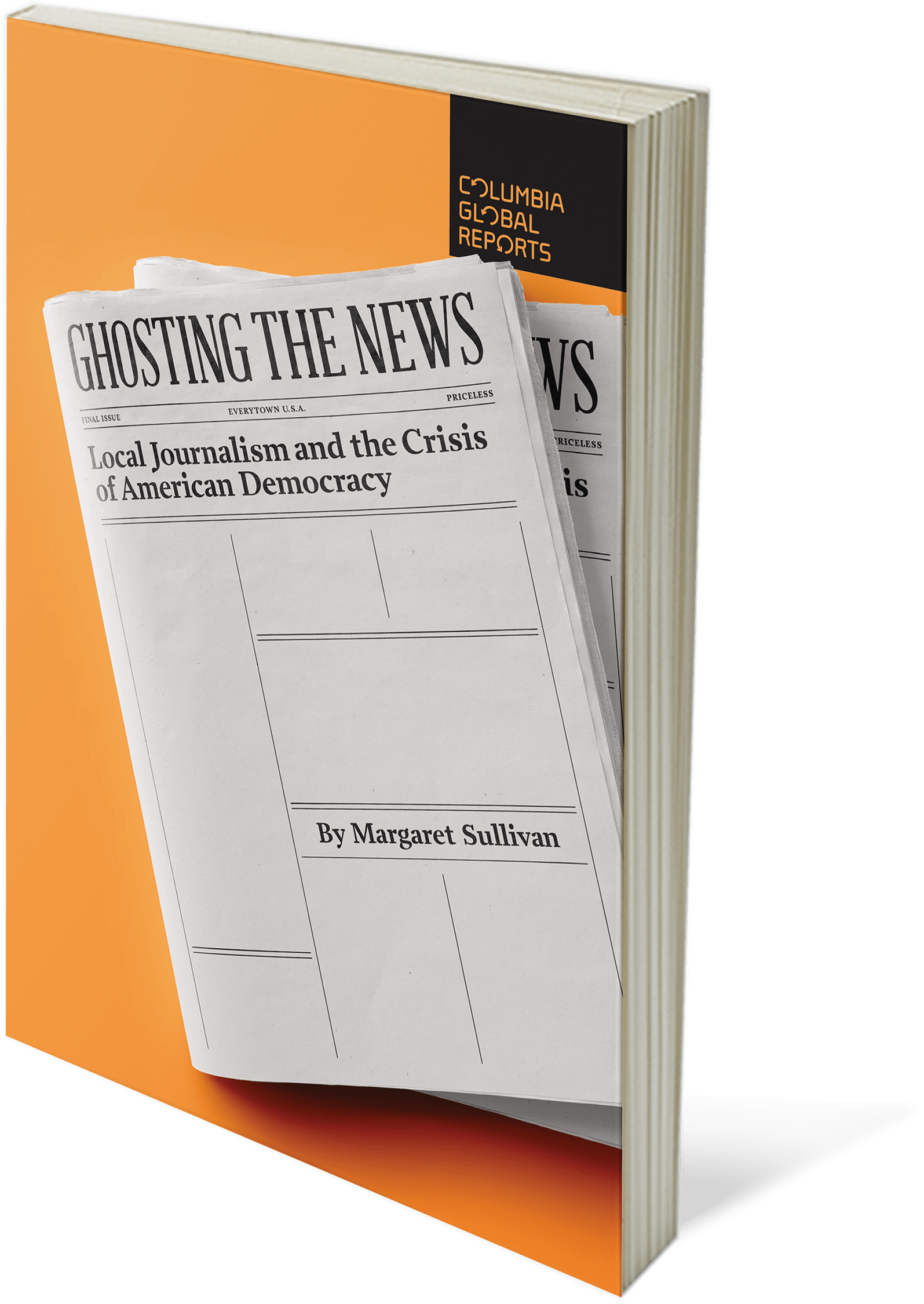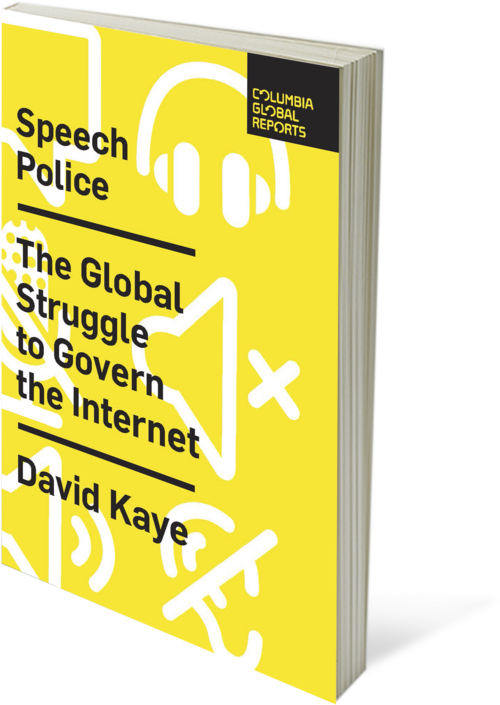Why Flying Is Miserable
And How to Fix It
By Ganesh Sitaraman
Law professor and policy expert Ganesh Sitaraman provides an eye-opening account of how the airline industry used to operate in the US, what changed to give us the broken system we work within today, and what we can do to fix it.
$17.00
ISBN: 9798987053584
ebook ISBN: 9798987053591
On Sale: November 14, 2023
Pages: 172
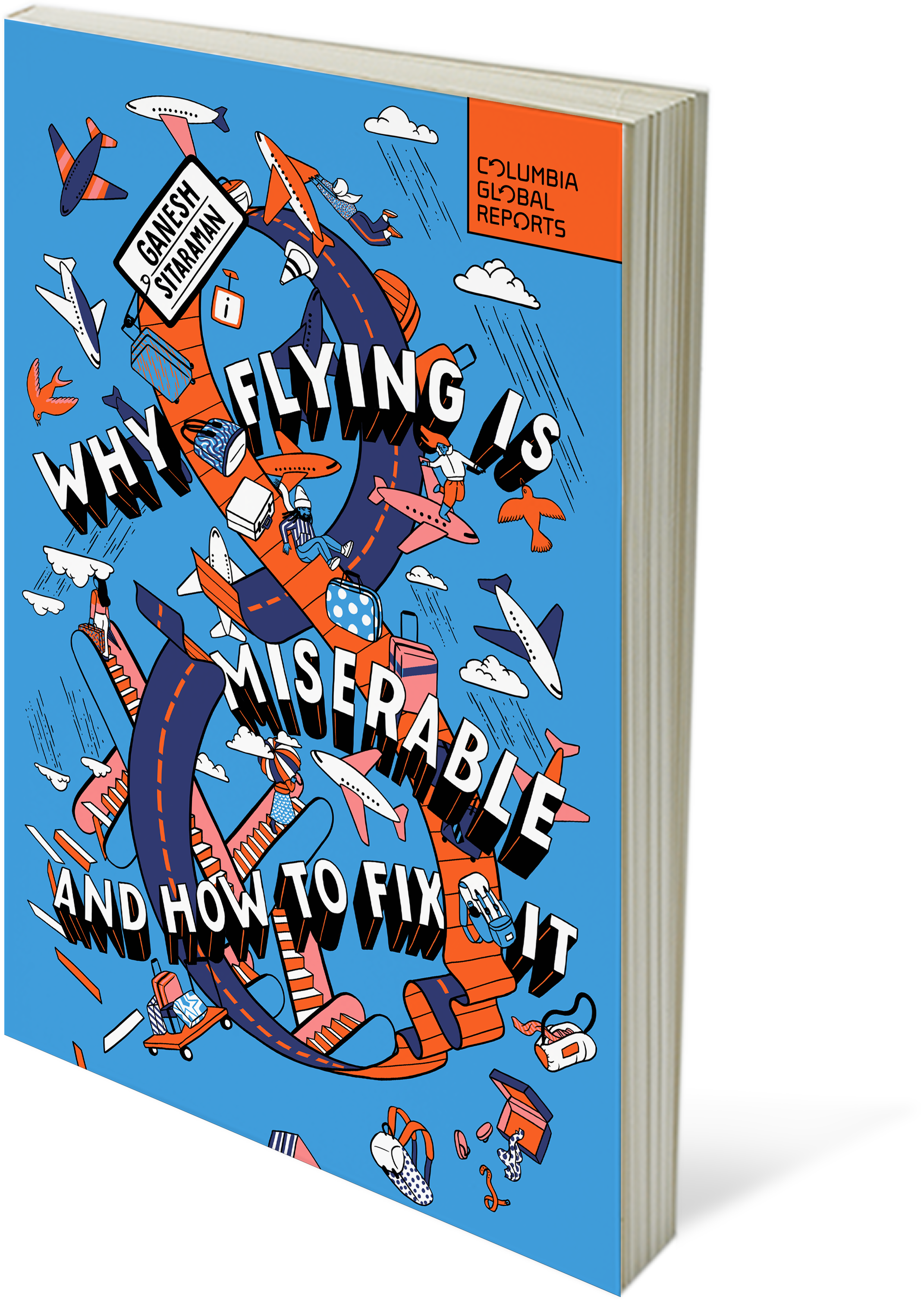
Overview
Why are the airlines always in a crisis?
Everyone has a horror story about air travel—cancellations, delays, lost baggage, tiny seats, poor service. In this day and age, there is no reason that flying should be this bad. In Why Flying Is Miserable, Ganesh Sitaraman, a law professor and policy expert, explains how this happened: It was a conscious choice made by Washington in the 1970s to roll back many forms of regulation that began during the New Deal, in the name of unimpeded capitalism and more competition. Today, the industry is an oligopoly, with only four too-big-to-fail airlines that have received billions of dollars in taxpayer bailouts and still can't offer reliable service.
Miserable air travel is the perfect symbol of the type of unregulated capitalism that America has unleashed. But there are ways to fix airlines—and, by extension, many other sectors of industry—because, after a half-century run, people are sick and tired of the turbulence that deregulation has brought to our economy.
No Upcoming Events

Be the Most Interesting Person
in the Room
Subscribe to Columbia Global Reports Books
Find new ways of looking at the world with Columbia Global Reports. Our $85 subscription includes six paperbacks mailed in advance of publication directly to your doorstep.




